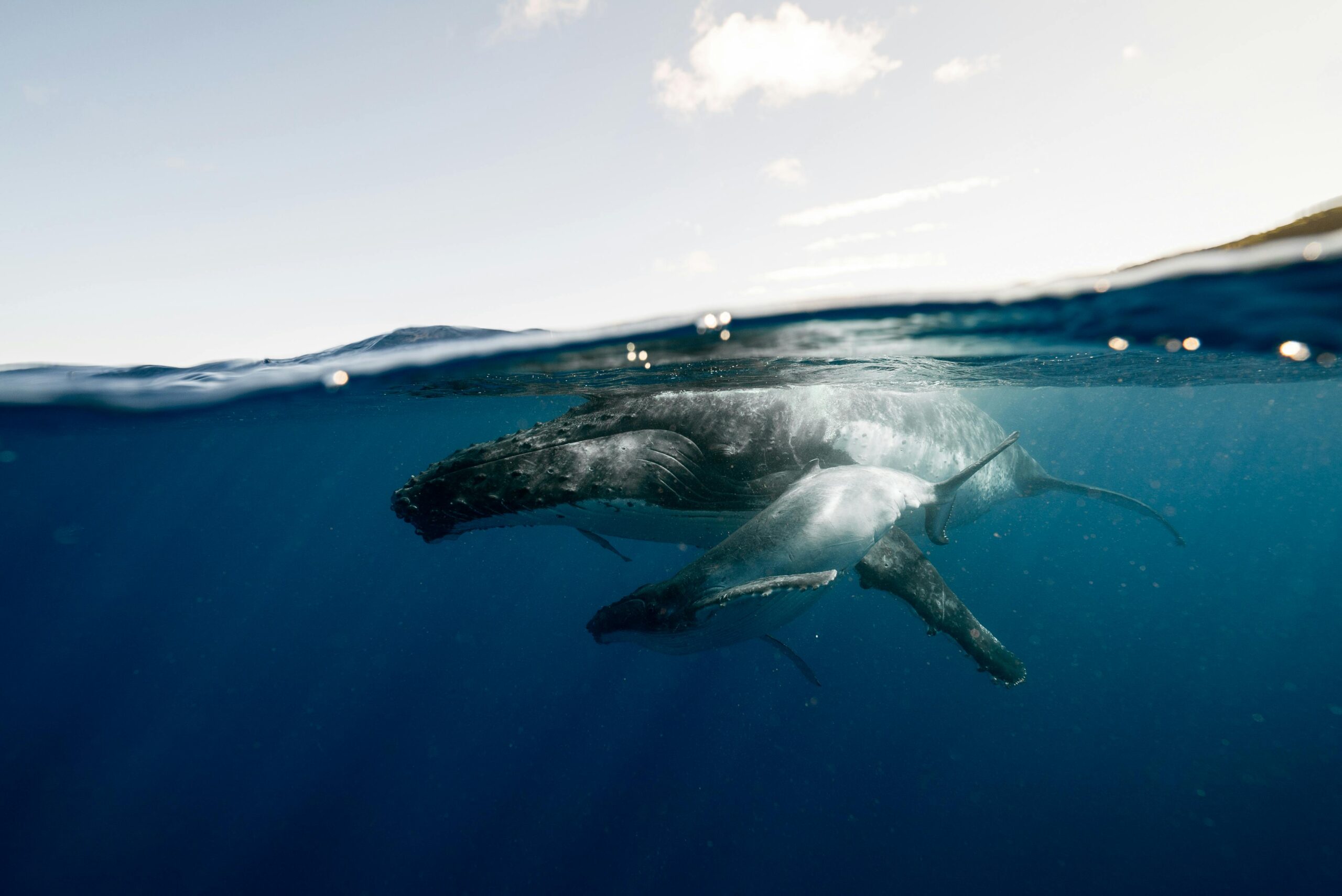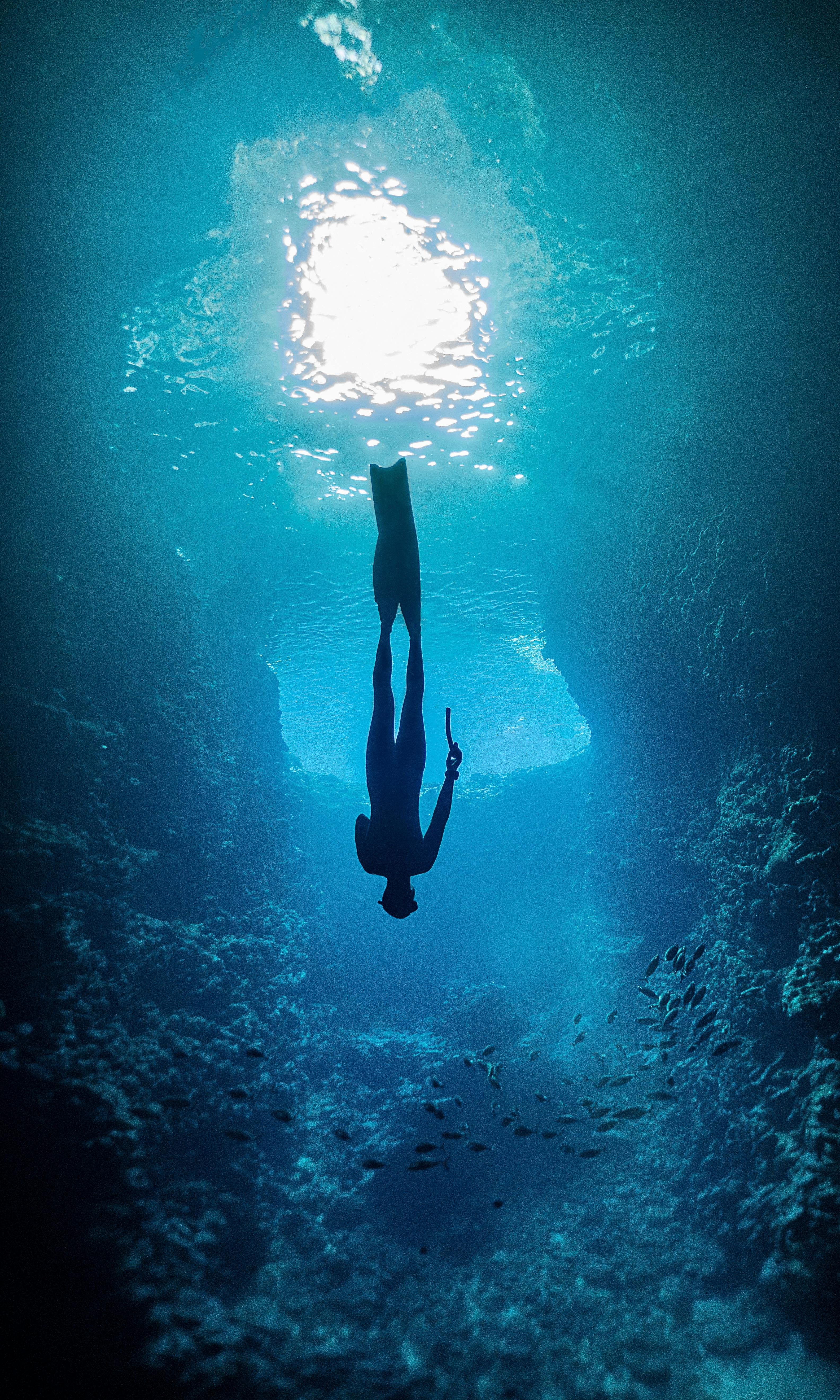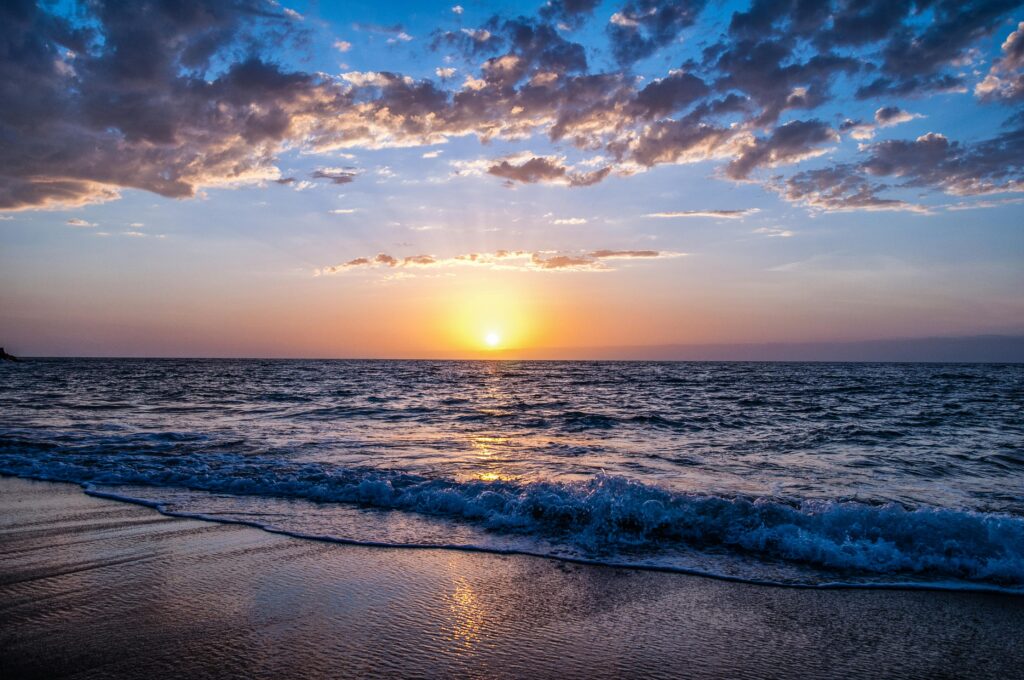Well, there it is-tiny Tonga, that secret Pacific hideaway which gives even the most seasoned travelers those wide-eyed, broad smiles. Crystal-clear waters with coral reefs and a forest cover-your tropical paradise found in this island state. But what if you’re that low-budget backpacker and looking forward to experiencing the authentic charm of Tonga without going out of pocket?
Broke backpacking in Tonga can be a little daunting, but with a bit of insider knowledge and a willingness to go off the beaten track, it’s totally possible to have a life-changing adventure in this Pacific island paradise without breaking the bank. From affordable accommodation and transportation to free and low-cost activities and experiences, this blog shares expert tips and advice on how to explore Tonga on a broke budget.
Over the next few posts, we’ll dive into the details of how to broke backpack your way through Tonga, including where to stay, what to eat, and how to get around on a budget. We’ll share stories of our own adventures in Tonga, from swimming with whales, snorkeling in some of the most beautiful lagoons in the South Pacific, exploring ancient ruins, and soaking up every last bit of the culture. So, if you are ready for an unforgettable adventure in one of the best-kept secrets of the Pacific, join us on this journey of discovery and exploration.
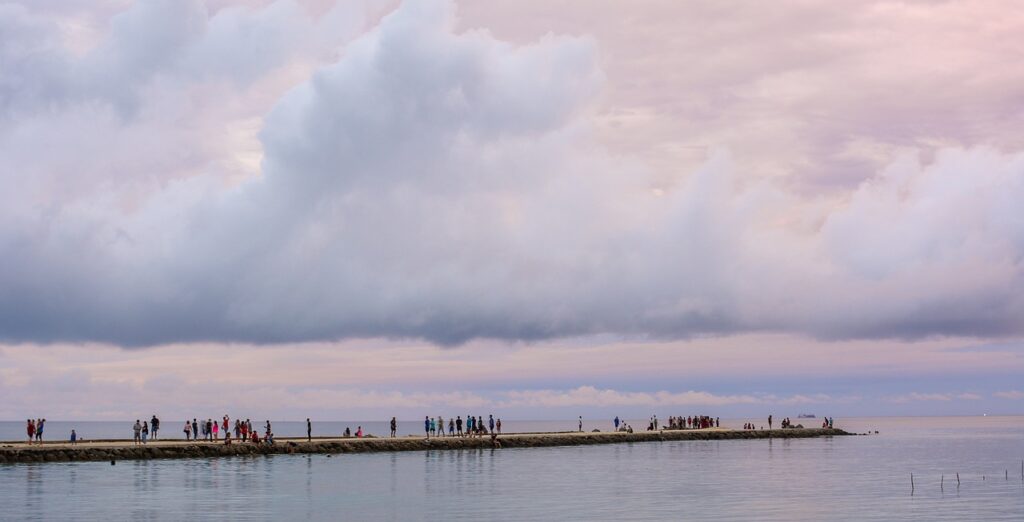
How to get there:
Tonga, a remote archipelago in the Pacific, may seem like a challenging destination to reach, especially for budget-conscious travelers. However, with some planning and flexibility, it’s possible to get to Tonga using public transportation from neighboring countries. In this post, we’ll explore the options for traveling to Tonga by air and sea from Fiji, Samoa, and Vanuatu.
Option 1: Flying from Fiji
Fiji is the most convenient hub for flights to Tonga. Fiji Airways and Tonga Airways operate direct flights from Nadi International Airport (NAN) to Fua’amotu International Airport (TBU) in Tonga.
- Cost: Expect to pay around $200-$500 USD for a one-way ticket, depending on the airline and time of year.
- Frequency: Flights operate several times a week, with increased frequency during peak travel seasons.
- Booking: Book your flights in advance through the Fiji Airways or Tonga Airways websites.
Option 2: Flying from Samoa
Samoa is another option for flights to Tonga. Samoa Airways operates direct flights from Faleolo International Airport (APW) to Fua’amotu International Airport (TBU).
- Cost: One-way tickets can range from $300-$600 USD, depending on the airline and time of year.
- Frequency: Flights operate less frequently than from Fiji, with around 2-3 flights per week.
- Booking: Book your flights in advance through the Samoa Airways website.
Option 3: Taking the Ferry from Samoa
For a more adventurous and budget-friendly option, consider taking the ferry from Samoa to Tonga. The MV Tokelau and MV Neiafu operate irregularly between Apia, Samoa, and Nuku’alofa, Tonga.
- Cost: One-way fares can range from $50-$100 USD, depending on the ferry operator and class of travel.
- Frequency: Ferries operate sporadically, with around 1-2 sailings per month.
- Booking: Book your ferry tickets in person at the ferry terminal in Apia or through a local travel agent.
Option 4: Taking the Ferry from Vanuatu
Another option for traveling to Tonga by sea is to take the ferry from Vanuatu. The MV Vanuatu Ferry operates irregularly between Port Vila, Vanuatu, and Nuku’alofa, Tonga.
- Booking: Book your ferry tickets in person at the ferry terminal in Port Vila or through a local travel agent.
- Cost: One-way fares can range from $100-$200 USD, depending on the ferry operator and class of travel.
- Frequency: Ferries operate sporadically, with around 1-2 sailings per quarter.
When to go:
In this post, we’ll break down the different times of the year and what you can expect during each period.
Dry Season (May to October)
The dry season is the most popular time to visit Tonga, and for good reason. The weather is warm and sunny, with average temperatures ranging from 22°C to 28°C (72°F to 82°F). This is the best time for:
- Snorkeling and diving: The calm and clear waters make it ideal for exploring Tonga’s incredible marine life.
- Island-hopping: With the dry weather, it’s easier to travel between islands and explore the different landscapes and cultures.
- Festivals and events: The dry season coincides with Tonga’s festival season, including the Heilala Festival and the Tonga Cultural Festival.
However, keep in mind that this is also the peak tourist season, so expect higher prices for accommodations and tourist services.
Wet Season (November to April)
The wet season is characterized by frequent rain showers and increased humidity. However, this doesn’t mean it’s not a good time to visit Tonga. In fact, the wet season has its own advantages:
- Lower prices: With fewer tourists, prices for accommodations and tourist services tend to be lower.
- Lush landscapes: The rain brings new life to the islands, making the landscapes look lush and green.
- Fewer crowds: If you prefer fewer tourists and a more peaceful atmosphere, the wet season might be the best time for you to visit.
Just be aware that some tourist attractions and activities might be closed or limited during the wet season.
Shoulder Season (April to May and September to November)
The shoulder season is a great time to visit Tonga if you’re looking for a balance between good weather and lower prices. The weather is usually mild and sunny, with average temperatures ranging from 20°C to 28°C (68°F to 82°F). This is a good time for:
- Budget-conscious travelers: Prices for accommodations and tourist services tend to be lower than during the peak season.
- Outdoor activities: The weather is suitable for snorkeling, diving, and other outdoor activities.
- Cultural experiences: The shoulder season is a good time to experience Tonga’s culture, as there are fewer tourists and a more relaxed atmosphere.
Special Events and Festivals
Tonga has a rich cultural calendar, with various events and festivals taking place throughout the year. Some of the notable events include:
- Tonga Constitution Day: A public holiday celebrating Tonga’s constitution and independence. (July 4th)
- Heilala Festival: A week-long festival celebrating Tongan culture, music, and dance. (Usually takes place in July)
- Tonga Cultural Festival: A festival showcasing Tongan traditional music, dance, and handicrafts. (Usually takes place in August)
Best Itineraries:
3-Day Itinerary
- Day 1: Arrival in Nuku’alofa
- Arrive in Nuku’alofa, the capital of Tonga
- Explore the city’s markets, shops, and historic sites, such as the Royal Palace and the Tonga National Museum
- Stay overnight at a budget-friendly guesthouse or hostel
- Day 2: Island-Hopping
- Take a ferry or boat to one of the nearby islands, such as Pangaimotu or Fafa Island
- Explore the island’s beaches, forests, and villages
- Enjoy snorkeling, swimming, or simply relaxing on the beach
- Day 3: Return to Nuku’alofa
- Return to Nuku’alofa and spend the morning shopping for souvenirs or exploring the city’s outskirts
- Depart for the airport and head back home
1-Week Itinerary
- Day 1-2: Nuku’alofa
- Explore the city’s markets, shops, and historic sites
- Visit the Royal Palace, the Tonga National Museum, and the Ha’amonga ‘a Maui Trilithon
- Day 3-4: Pangaimotu Island
- Take a ferry or boat to Pangaimotu Island
- Explore the island’s beaches, forests, and villages
- Enjoy snorkeling, swimming, or simply relaxing on the beach
- Day 5-6: Fafa Island
- Take a ferry or boat to Fafa Island
- Explore the island’s beaches, forests, and villages
- Enjoy snorkeling, swimming, or simply relaxing on the beach
- Day 7: Return to Nuku’alofa
- Return to Nuku’alofa and spend the morning shopping for souvenirs or exploring the city’s outskirts
- Depart for the airport and head back home
2-Week Itinerary
- Day 1-3: Nuku’alofa
- Explore the city’s markets, shops, and historic sites
- Visit the Royal Palace, the Tonga National Museum, and the Ha’amonga ‘a Maui Trilithon
- Day 4-6: Pangaimotu Island
- Take a ferry or boat to Pangaimotu Island
- Explore the island’s beaches, forests, and villages
- Enjoy snorkeling, swimming, or simply relaxing on the beach
- Day 7-9: Fafa Island
- Take a ferry or boat to Fafa Island
- Explore the island’s beaches, forests, and villages
- Enjoy snorkeling, swimming, or simply relaxing on the beach
- Day 10-12: Vava’u
- Take a ferry or flight to Vava’u
- Explore the island’s beaches, forests, and villages
- Enjoy snorkeling, swimming, or simply relaxing on the beach
- Day 13-14: Return to Nuku’alofa
- Return to Nuku’alofa and spend the last two days exploring the city or last-minute shopping
1-Month Itinerary
Return to Nuku’alofa and spend the last week exploring the city or visiting any last-minute attractions
Week 1: Nuku’alofa and surrounding islands
- Explore the city’s markets, shops, and historic sites
- Visit the Royal Palace, the Tonga National Museum, and the Ha’amonga ‘a Maui Trilithon
- Take day trips to nearby islands, such as Pangaimotu and Fafa Island
Week 2: Vava’u
- Take a ferry or flight to Vava’u
- Explore the island’s beaches, forests, and villages
- Enjoy snorkeling, swimming, or simply relaxing on the beach
Week 3: Ha’apai
- Take a ferry or flight to Ha’apai
- Explore the island’s beaches, forests, and villages
- Enjoy snorkeling, swimming, or simply relaxing on the beach
Week 4: Return to Nuku’alofa and exploration
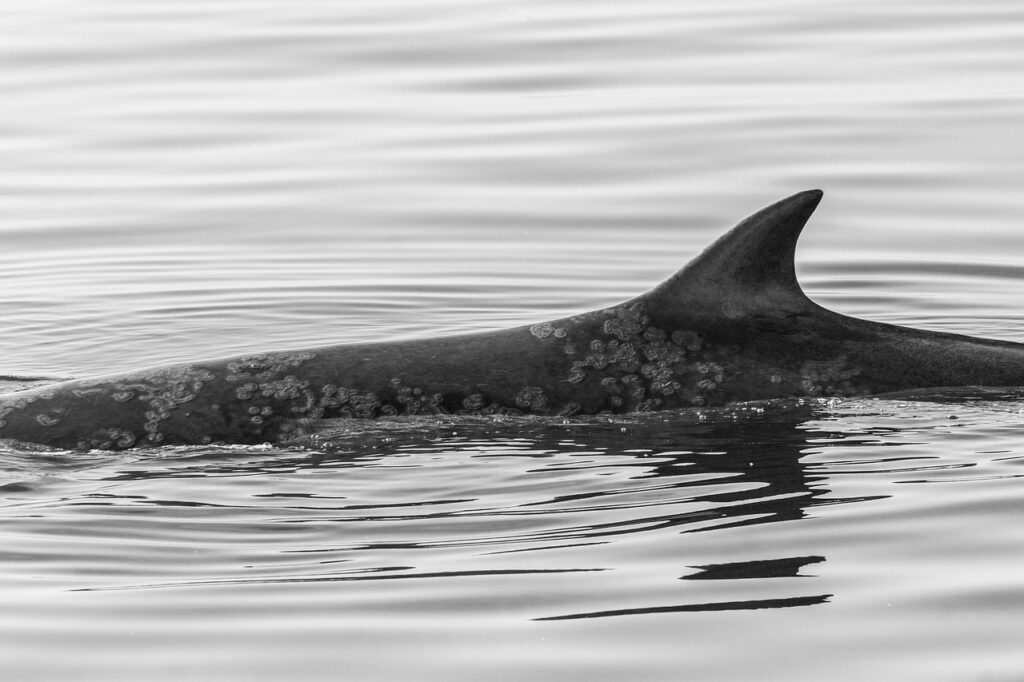
Transportation:
While getting around Tonga can be challenging, the country has a relatively well-developed public transportation system that’s affordable and accessible. In this post, we’ll explore the different options for public transportation in Tonga, including buses, taxis, ferries, and boats. We’ll also share some insider tips on how to get free boat rides and make the most of your transportation budget.
Buses
Tonga has a network of buses that connect the capital city, Nuku’alofa, to other towns and villages on the main island of Tongatapu. Buses are a cheap and convenient way to get around, with fares starting from around T$2 (approximately $0.80 USD).
- Route: Buses operate on a fixed route, connecting Nuku’alofa to other towns and villages on Tongatapu.
- Frequency: Buses run regularly throughout the day, with multiple departures from Nuku’alofa.
- Cost: Fares start from around T$2 (approximately $0.80 USD).
Taxis
Taxis are a convenient way to get around Nuku’alofa and other towns on Tongatapu. However, they can be more expensive than buses, with fares starting from around T$10 (approximately $4 USD).
- Route: Taxis operate on a fixed route, connecting Nuku’alofa to other towns and villages on Tongatapu.
- Frequency: Taxis are available throughout the day, but may be harder to find in rural areas.
- Cost: Fares start from around T$10 (approximately $4 USD).
Ferries
Ferries are a great way to explore Tonga’s outer islands, including Vava’u, Ha’apai, and ‘Eua. The ferry service operates regularly, with multiple departures from Nuku’alofa.
- Route: Ferries connect Nuku’alofa to Vava’u, Ha’apai, and ‘Eua.
- Frequency: Ferries operate regularly, with multiple departures from Nuku’alofa.
- Cost: Fares start from around T$20 (approximately $8 USD) for a one-way ticket.
Boats
Boats are a popular way to explore Tonga’s islands and reefs. While boat tours can be expensive, there are ways to get free boat rides. Here are some insider tips:
Local fishermen: Befriend a local fisherman and ask if you can join them on a fishing trip
Volunteer: Consider volunteering for a marine conservation project or a local fishing cooperative. Many organizations offer free boat rides in exchange for volunteer work.
Couchsurfing: Stay with a local host through Couchsurfing, and ask if they can take you on a boat ride.
Top things to do:
Nuku’alofa and Tongatapu
- Tonga National Museum: Learn about Tonga’s history and culture at this museum, which features a collection of artifacts, exhibits, and interactive displays. (Entry fee: T$5, approximately $2 USD)
- Royal Palace: Take a stroll around the Royal Palace, the official residence of the King of Tonga. (Free admission)
- Tongatapu Island Tour: Explore the island of Tongatapu on a guided tour, which takes you to scenic lookout points, beaches, and villages. (Cost: around T$50, approximately $20 USD)
- Ha’amonga ‘a Maui Trilithon: Visit this ancient stone arch, which is believed to have been built around 1200 AD. (Free admission)
- Anahulu Cave: Explore this limestone cave, which features stunning rock formations and a freshwater pool. (Entry fee: T$10, approximately $4 USD)
- Tongatapu Beach: Relax on this picturesque beach, which offers stunning views of the Pacific Ocean. (Free admission)
Vava’u
- Vava’u Island Tour: Explore the island of Vava’u on a guided tour, which takes you to scenic lookout points, beaches, and villages. (Cost: around T$50, approximately $20 USD)
- Swimming with Whales: Take a boat tour to swim with humpback whales in their natural habitat. (Cost: around T$200, approximately $80 USD)
- Snorkeling and Diving: Explore Vava’u’s coral reefs and marine life on a snorkeling or diving trip. (Cost: around T$50-$100, approximately $20-$40 USD)
- Port of Refuge: Visit this historic harbor, which offers stunning views of the surrounding islands. (Free admission)
- Vava’u Harbor: Explore this bustling harbor, which features a variety of boats, yachts, and sailing vessels. (Free admission)
- Mt. Talau National Park: Hike through this national park, which offers stunning views of the surrounding islands and coral reefs. (Entry fee: T$10, approximately $4 USD)
Ha’apai
- Ha’apai Island Tour: Explore the island of Ha’apai on a guided tour, which takes you to scenic lookout points, beaches, and villages. (Cost: around T$50, approximately $20 USD)
- Snorkeling and Diving: Explore Ha’apai’s coral reefs and marine life on a snorkeling or diving trip. (Cost: around T$50-$100, approximately $20-$40 USD)
- Fishing: Try your hand at fishing in Ha’apai’s waters, which are known for their abundant marine life. (Cost: around T$20-$50, approximately $10-$20 USD)
- Ha’apai Beach: Relax on this picturesque beach, which offers stunning views of the Pacific Ocean. (Free admission)
- Foa Island: Visit this small island, which features stunning beaches, coral reefs, and a historic village. (Free admission)
‘Eua
- Toloa Forest Reserve: Explore this forest reserve, which features scenic hiking trails and stunning views of the surrounding islands. (Entry fee: T$5, approximately $2 USD)
- ‘Eua National Park: Explore the island’s national park, which features scenic hiking trails, waterfalls, and lookouts. (Entry fee: T$10, approximately $4 USD)
- Snorkeling and Diving: Explore ‘Eua’s coral reefs and marine life on a snorkeling or diving trip. (Cost: around T$50-$100, approximately $20-$40 USD)
- Fishing: Try your hand at fishing in ‘Eua’s waters, which are known for their abundant marine life. (Cost: around T$20-$50, approximately $10-$20 USD)
- ‘Eua Beach: Relax on this picturesque beach, which offers stunning views of the Pacific Ocean. (Free admission)
Food:
The tropical paradise that is Tonga in the Pacific offers more than its outstanding nature-it also boasts unique and very mouth-watering cuisine. It’s a place where even a broke backpacker can have deliciously affordable food, thanks to both the traditional dishes and just-pulled-out-of-the-water seafood available in both local markets and restaurants.
Food is taken seriously in Tonga: an ancient staple, the root vegetable taro, has had been sustaining people here for hundreds of years, starchy but rich in fiber and vitamins. Today it’s still everywhere from traditionally fa’ausi-a steam cake of taro with coconut cream-to innovative takes in the form of taro fries and burgers. Speaking of nuts, coconut is a main event ingredient in its many manifestations-from coconut milk-based curries right through to coconut cream-smothered desserts, ice cream, and sweets galore.
It also offers an abundance of fresh seafood in the forms of fish, shellfish, and crustaceans. One may try traditional dishes such as ota ika, raw fish in coconut milk with lime juice, and ika vakalolo, which is fish grilled with coconut cream and vegetables. Those feeling really adventurous can have some sea turtle or octopus if this is to their taste.
Apart from the traditional food of Tonga, you’ll also find a number of international cuisines available in the country, including Chinese, Indian, Italian, and American. Most of the local restaurants and cafes have a selection to suit all tastes and budgets, from very affordable street food through mid-range restaurants to high-end resorts.
When one tries the local cuisine, they experience more of the local Tonga, especially in visits to many local markets selling all types of fresh produce, seafood, and even prepared meals in native style. A great beginning to that is Talamahu Market in Nuku’alofa, where practically all types of stalls run everything from fresh fruits and vegetables right down to traditional Tongan recipes: fa’ausi.
Budget-wise, eating in Tonga is rather inexpensive, with meals starting at around T$ 5-10 (approximately $2-4 USD) for traditional dishes and street food, while mid-range restaurants and cafes are costlier and start from T$20-50 (approximately $8-20 USD) upwards. For those who want to economize on food, one option would be to purchase it at markets or from street vendors, or to self-cater if possible at the accommodation.
Another great way to experience the local cuisine in Tonga is to attend a traditional Tongan feast, known as a faikava. These feasts typically feature a variety of traditional dishes, including fa’ausi, ota ika, and ika vakalolo, along with live music and dancing. Faikavas are usually held for special occasions such as weddings and birthdays, but some restaurants and resorts also offer traditional Tongan feasts for tourists.
If you are going to dine out in Tonga, then a food stall or market will be the best option. It generally offers all kinds of traditional dishes and snacks such as fa’ausi, ota ika, and ika vakalolo, as well as fresh fruits and vegetables. The Talamahu Market of Nuku’alofa, Neiafu Market of Vava’u, and Pangaimotu Food Stall of Ha’apai are some of the most well-known food stalls and markets of Tonga.
In addition to trying the local food, you should try to visit some of the local farms and plantations in Tonga. Such farms and plantations are very enlightening on local agriculture and food production; you can also buy fresh produce and other local products directly from the farm. Some of the popular farms and plantations in Tonga include the Toma Plantation in Vava’u, the Ha’apai Coconut Plantation in Ha’apai, and the ‘Eua Farm in ‘Eua.
Overall, Tonga is a place to be for a delicious, richly traditional, and highly affordable culinary experience. From local cuisine to fresh seafood and international options, you’ll be presented with plenty of ways to indulge in the flavors of the local cuisine. Thus, come hungry and sample some of the local cuisine during your visit to Tonga!
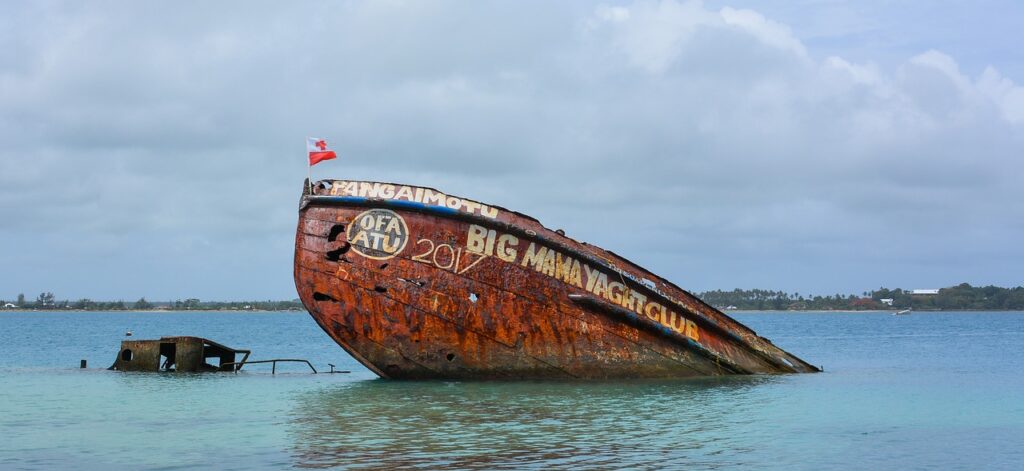
Culture:
Tonga, a tropical paradise in the Pacific, is a destination that’s not only known for its stunning natural beauty but also for its unique and rich culture. The Tongan culture is a fascinating blend of traditional Polynesian customs and modern influences, shaped by the country’s history, geography, and values. As a visitor to Tonga, immersing yourself in the local culture is a great way to deepen your understanding of this beautiful country and its people.
At the heart of Tongan culture is a concept best described as “fa’a Tonga,” or the Tongan way of life. This philosophy emphasizes respect, hospitality, and community, which is reflected in the warm and welcoming nature of the people. Visitors to Tonga are often struck by the friendly and generous spirit of the locals, who are always eager to share their culture, traditions, and way of life with outsiders.
One of the most salient features of Tongan culture is the traditional dress, better known as “tapa cloth.” Tapa cloth is made from the bark of the paper mulberry tree, which, after being beaten and woven, becomes a beautifully intricate fabric. Tapa cloth is worn on special occasions, such as weddings and ceremonies, and is also used to decorate homes and public spaces. Visitors to Tonga can see tapa cloth being made at local villages and markets, and can even try their hand at making their own tapa cloth. Music and dance also form integral parts of Tongan culture, with traditional dances such as the “lakalaka” and “me’etu’upaki” performed on special occasions. The lakalaka is a slow and graceful dance that narrates the history and mythology of Tongans, while me’etu’upaki is a fast tempo grace and is normally done during weddings and other ceremonies. Visitors to Tonga can see traditional dances being performed at local villages and cultural centers, and even join in and learn some of the steps themselves.
Tongan culture is also deeply rooted in the country’s history and mythology. The Tongan people have a rich and storied past, with legends and stories that date back centuries. One of the most famous Tongan legends is the story of the “Ha’amonga ‘a Maui Trilithon,” a mysterious stone arch that is said to have been built by the demigod Maui. Visitors to Tonga can see the Ha’amonga ‘a Maui Trilithon at the Tongan National Museum and learn more about the country’s fascinating history and mythology.
Added to the rich cultural heritage is a socially close-knit community. In this regard, the Tongans value family and friendship at an incredibly high level. People traveling through the country are normally quite surprised by the warmth in store from the locals. It’s a pretty usual phenomenon when, here in Tonga, complete strangers become like your closest family, being invited into almost any kind of local celebration or ritual event.
As a visitor to Tonga, there are many ways to immerse yourself in the local culture. Among the best ways to do so is to attend a traditional Tongan ceremony or celebration, such as a wedding or birthday party. These events are always filled with music, dance, and delicious food, and offer a unique glimpse into the culture and traditions of the people of Tonga. Visitors can also learn about Tongan culture by visiting local villages and cultural centers where they can find traditional crafts and dances being performed.
Another great way to experience the culture of Tongans is to stay with a family or the community. Homestays are a popular option for visitors to Tonga, offering a unique opportunity to immerse themselves in the local culture and way of life. By staying with a local family, visitors can learn about Tongan customs and traditions firsthand and even participate in local activities and celebrations.
Tongan food is also an essential part of the culture in this country, with fresh seafood, coconut, and tropical fruits being the main ingredients. This means that visitors to Tonga have many opportunities to try traditional foods, including “ota ika”-raw fish marinated in coconut milk and lime juice-and “ika vakalolo”-grilled fish with coconut cream and vegetables. They can also taste local delicacies like sea turtle and octopus, often served at special occasions and feasts.
Besides its delicious food, Tonga is also famous for its traditional crafts: woodcarving, weaving, and tattooing. Visitors to Tonga can see these crafts in the making at local villages and markets and can even try their hand at making their own traditional crafts. Tongan crafts make great souvenirs and are a wonderful way to remember your trip to this beautiful Pacific island nation.
Accommodations:
As a broke backpacker, it’s pretty intimidating to travel Tonga due to the high cost of accommodation. However, for those who can take a leap of faith and book the cheapest options, the hostel situation in Tonga can be truly unique, crazy, and amazing.
When it comes to hostels in Tonga, well, you don’t always get what you pay for. Actually, some of the cheapest hostels in Tonga provide some of the most memorable and authentic experiences for travelers. From shared rooms with locals to makeshift dorms in family homes, the cheapest hostels in Tonga are often a far cry from the sterile, cookie-cutter hostels found in other parts of the world.
One of the great things about staying in cheap hostels in Tonga is that you really get to be immersed in the culture. You stay with locals, learn about their customs and traditions, and just the way they live and experience the warm hospitality that Tongans are famous for. You may even be invited to join in on locally important celebrations, such as marriages or birthdays, or into traditional activities, like fishing or weaving.
Of course, staying in cheap hostels in Tonga isn’t without its challenges. First, the facilities can be pretty basic, with shared bathrooms, cold showers, and limited amenities. The hostels themselves may not always be in the best state of repair, with broken furniture, leaky roofs, and other problems. However, for many travelers, these are small sacrifices compared to the unique experiences and opportunities that come with staying in cheap hostels in Tonga.
Another great advantage about staying in cheap hostels in Tonga is meeting other travelers and locals. Such hostels are social places, with people sitting around a common area, telling stories, playing games, and enjoying each other’s company. You will probably make lifelong friends with fellow travelers or locals or learn something very valuable from more experienced travelers.
In terms of booking cheap hostels in Tonga, the best approach is often to simply show up and see what’s available. While booking in advance can be a good idea, especially during peak travel seasons, it’s often possible to find affordable accommodation on the spot, especially if you’re willing to be flexible and adapt to changing circumstances. The point is, a lot of the really budget-friendly options in Tonga don’t have an online presence, and more often than not, one needs to make inquiries, speak to the locals, and get recommendations from other travelers in order to find the best deals. As you go around in hostels here, some surprises are not too good, actually. You might get to stay at a hostel under construction or share your room with the local family. You might even find some unexpected critters, like geckos or rats, that have made the hostel their home. But these little surprises are all part of the adventure and can often lead to some of the most memorable and hilarious experiences of your trip.
In summary, being a poor backpacker in hostels within Tonga is about embracing uncertainty and opening one’s mind. By booking the most economical and making do with changes as they come, you have had a uniquely crazy, amazing experience in Tonga hostels. So go ahead and take an adventure into what Tongan hostels offer-you never know what it could mean for experiences and opportunities that could be brought your way.
Once you have settled into your hostel and began to explore the area, you will get a sense of the culture and life in the country. You might catch some sounds of laughter and music in the streets or fresh traditional cooking smells coming out from the kitchen. You may even come across a traditional Tongan dance or just happen upon a local market dealing in fresh produce and handicrafts.
Whatever your experience, staying in a cheap hostel in Tonga is an excellent way to get yourself immersed in the local culture and get a feel for the authentic Tongan way of life. So take the plunge, book that cheap hostel, and see where the adventure takes you. With its blend of traditional culture, great natural beauty, and friendly hospitality, Tonga is a place where one is bound to leave with lifetime memories.
Nightlife:
As the sun sets over the crystal-clear waters of Tonga, the island’s nightlife scene comes alive with a unique blend of traditional culture, laid-back island vibes, and modern entertainment. While Tonga is not as renowned for its nightlife as some of its Pacific Island neighbors, the country’s after-dark scene has a charm and character all its own.
As you explore towns and villages, you will find that the nightlife in Tonga is rather subdued. No large clubs or bars, very little in the line of hot music-what you’d find would be a lot more traditional Polynesian in rhythm and melody. And that is where the real charm of Tonga lies-in its quiet and peaceful lifestyle, which is reflected even in the patterns of night time entertainment for those who would like to enjoy truly authentic cultural hospitality from the Pacific Island.
One of the best ways to experience Tonga nightlife is through a traditional dance show or cultural performance. These happen to be at local community centers or resorts with involvement in traditional Tongan music, dancing, and attire. You might even be able to join in the dancing yourself, a very good way to meet new people and experience the local culture.
The traditional dancing, as well as various other forms of live music events, make for lively nightclubs throughout the year. Be able to show off the best in Tongan music-from classic folk tunes to more contemporary and modern sounds like reggae and rock music. And you never know-you could even get to see some of the newest Tongan acts, putting a fresh stamp on this little country’s identity.
Of course, no discussion of Tonga’s nightlife would be complete without mentioning the island’s famous kava ceremonies. Kava is a traditional Polynesian drink made from the roots of the kava plant and is an important part of Tongan culture and tradition. You will have the opportunity to try this unique and slightly intoxicating drink during a kava ceremony, while learning about the history and significance of kava in Tongan society.
You can expect Tonga’s nightlife scene to be relaxed, casual, and laid-back. There are no fancy cocktail bars or upscale nightclubs on the island; instead, there are laid-back pubs and bars offering cold beers and basic cocktails. These places are very good for getting to know new people and making friends with the locals since they always enjoy sharing their culture and friendliness with visitors.
But even with its laid-back atmosphere, the nightlife in Tonga can be pretty wild, especially during weekends and festivals or celebrations. You might find yourself dancing to traditional Tongan music or singing at the top of your lungs to modern pop songs at a local karaoke bar. Whatever your style, Tonga’s nightlife scene has something for everyone and is a great way to experience the island’s unique culture and hospitality.
As the night wears on, with star twinkling overhead, the nightlife of Tonga will offer you the perfect spot to get relaxed and unwind after a long day’s expedition on the island. Whether you’re sipping a cold beer at a local bar or dancing through a traditional dance performance, it is an unforgettable experience in which a lot of memories are remembered in your lifetime.
Navigating nightlife on this island, you’ll most definitely want to take the many festivals and events into mind-which happen throughout the year: From annual musical events like the Heilala Festival in honour of Tongan music, dancing, and culture to every week’s farmers’ market, which gives an outlook of their traditional way of life in a glimpse, there is some ongoing event in Tonga at some time.
And then, of course, there are those impromptu gatherings and parties that seem to spring out of nowhere. You might be walking down the street and hear the sound of music and laughter coming from a nearby house, or you might be invited to join in on a spontaneous dance party at a local bar. Whatever the case, be sure to join in and experience the island’s vibrant nightlife for yourself.
In Tonga, the nightlife scene is all about community and connection. It’s about coming together with friends and strangers alike to share in the joy and beauty of the island’s culture. Whether you’re a seasoned traveler or just looking for a unique and unforgettable experience, Tonga’s nightlife scene is sure to leave you with memories that will last a lifetime.
Come dawn, when the stars fade into daybreak, you will find that this island’s nightlife is just ideal to reflect on your experiences and adventures. Whether you are sitting on the beach to witness sunrise or drinking a cold beer at the local bar, Tonga Nightlife is the perfect place to cap off an unforgettable day on this beautiful Pacific Island.
Backpacking Tonga costs:
Here’s a rough budget breakdown for a day and a week of backpacking in Tonga, with costs estimated to be as low as possible:
Daily Budget Breakdown:
- Accommodation: TOP $10-20 (approximately USD $4-8) per night for a basic hostel or guesthouse
- Food: TOP $10-20 (approximately USD $4-8) per day for basic meals and snacks, such as traditional Tongan dishes, fruit, and vegetables
- Transportation: TOP $5-10 (approximately USD $2-4) per day for local buses and taxis
- Activities: TOP $10-20 (approximately USD $4-8) per day for basic activities, such as visiting local markets, beaches, and cultural attractions
- Total: TOP $35-60 (approximately USD $14-24) per day
Weekly Budget Breakdown:
- Accommodation: TOP $70-140 (approximately USD $28-56) per week for a basic hostel or guesthouse
- Food: TOP $70-140 (approximately USD $28-56) per week for basic meals and snacks
- Transportation: TOP $35-70 (approximately USD $14-28) per week for local buses and taxis
- Activities: TOP $70-140 (approximately USD $28-56) per week for basic activities
- Total: TOP $245-490 (approximately USD $98-196) per week
Tips for Saving Money:
- Stay in basic hostels or guesthouses, which are often cheaper than hotels or resorts
- Eat at local markets or food stalls, which offer traditional Tongan dishes at affordable prices
- Use public transportation, such as buses and taxis, which are cheaper than renting a car or taking taxis
- Avoid expensive tourist activities, such as snorkeling or diving trips, and instead opt for free or low-cost activities, such as visiting local beaches or cultural attractions
- Consider staying on the main island of Tongatapu, which is generally cheaper than the outer islands
Note: The exchange rate used in this budget breakdown is approximately 1 USD = 2.5 TOP. However, please note that exchange rates can fluctuate, and it’s always a good idea to check current exchange rates before traveling.
Conclusion:
I look back upon my time in Tonga and am reminded of all the fabulous experiences this small Pacific island nation has to offer: from the breathtaking natural beauty of its beaches and islands, to the rich cultural heritage of its people, Tonga is a destination that is sure to captivate even the most seasoned traveler.
I’d been a little daunted by the prospect of budget travel through Tonga as a broke backpacker, but it rapidly became apparent that the laid-back atmosphere and relatively low cost of living made this the perfect destination for travelers on the tightest of budgets.
All along the way, I continued to be inspired by the friendliness and generosity of the people of Tonga: from the locals who took me into their homes to share in traditional feasts to the other travelers who shared their knowledge and expertise with me, I was constantly reminded of the power of community and connection that exists among travelers.
Of course, no journey through Tonga would be complete without its fair share of challenges and setbacks. From the occasional bout of food poisoning, to the inevitable delays and cancellations that come with traveling through a developing country, there were certainly times when I felt frustrated and overwhelmed.
But as I reflect on my journey, I am reminded that it is often in the challenges and setbacks that the most memorable and transformative experiences are found. Whether learning to navigate the complexities of Tongan culture or finding the courage to step outside of my comfort zone, my journey through Tonga was a constant reminder of the power of resilience and adaptability that exists within each of us.
I had such an amazing time exploring this little Pacific island nation of Tonga, and it’s now time for me to leave the country to head elsewhere. I’m grateful and thankful for all the breathtaking experiences this little Pacific island nation has afforded me. From the natural beauty of its beaches and islands, to the cultural heritage of its people, Tonga is one place that even the most seasoned traveler is certain to find very captivating.
So, if you’re a fellow broke backpacker looking for a destination that is off the beaten path, yet still offers a wealth of incredible experiences, then Tonga is definitely a destination worth considering. With its laid-back atmosphere, stunning natural beauty, and rich cultural heritage, Tonga is a destination sure to leave you with memories that will last a lifetime.
